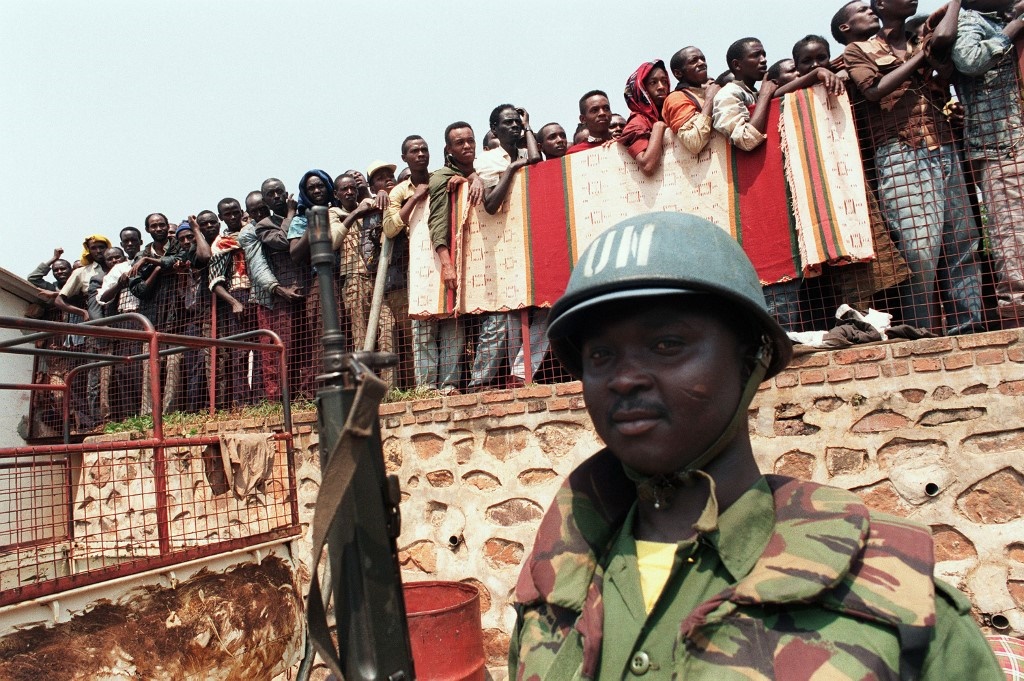

A top UN prosecutor said on Saturday that the arrest of a key Rwanda genocide fugitive in France showed that suspects would be brought to justice for crimes in the 1994 bloodshed.
“The arrest of Felicien Kabuga today is a reminder that those responsible for genocide can be brought to account, even 26 years after their crimes,” said Serge Brammertz, chief prosecutor of the Mechanism for International Criminal Tribunals (MICT) in The Hague.
“Today’s arrest underlines the strength of our determination.”
The prosecutor praised French authorities, saying the arrest “could not have been made without their exceptional cooperation and skill”, and also thanked other countries and international organisations that helped.
Felicien Kabuga, once one of Rwanda’s richest men and accused of financing the genocide, was living under a false identity in the French capital’s suburbs, the public prosecutor’s office and the police said in a joint statement.
The operation, carried out at dawn, resulted in the arrest of a fugitive “who has been sought by the judicial authorities for 25 years”, the statement said.
Around 800 000 people – Tutsis but also moderate Hutus – were slaughtered over 100 days by ethnic Hutu extremists during the 1994 genocide.
The statement said Kabuga, aged 84, had been living in Asnieres-sur-Seine north of Paris and had been hiding with the complicity of his children.
Kabuga is accused of creating the notorious Interahamwe militia that carried out massacres in the 1994 genocide.
He also helped create the equally notorious Radio-Television Libre des Mille Collines that incited people to carry out murder in its broadcasts.
“Felicien Kabuga is known to have been the financier of the Rwandan genocide,” it said, adding that he had spent time in Germany, Belgium, the Democratic Republic of Congo, Kenya and Switzerland.
Kabuga is now expected to be transferred to the custody of The Hague to stand trial “following completion of appropriate procedures under French law,” the statement said.
Kabuga was indicted by the UN International Criminal Tribunal for Rwanda in 1997 on seven counts including genocide.
The Rwanda tribunal formally closed in 2015 and its duties have since been taken over by the MICT, which also deals with cases left over from the International Criminal Tribunal for the former Yugoslavia.
